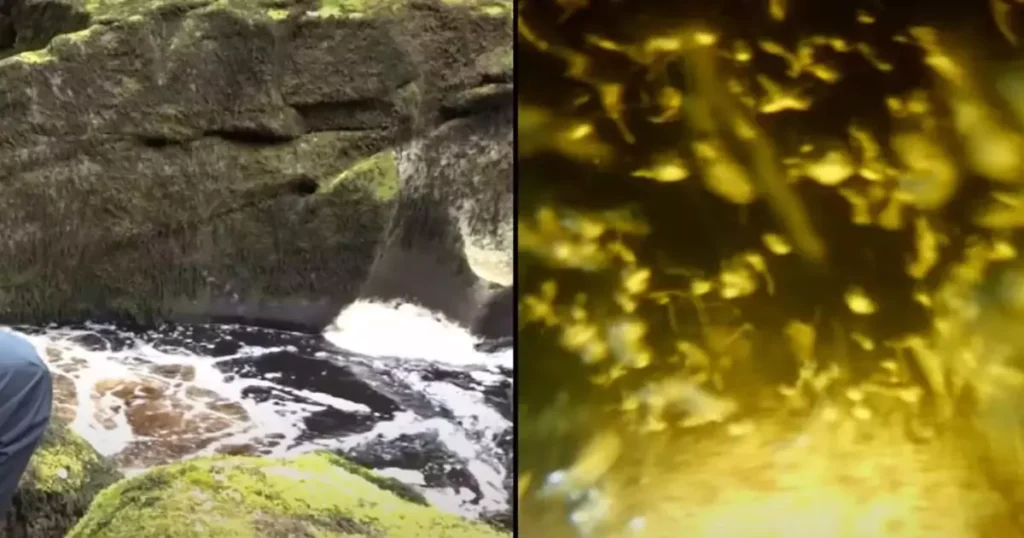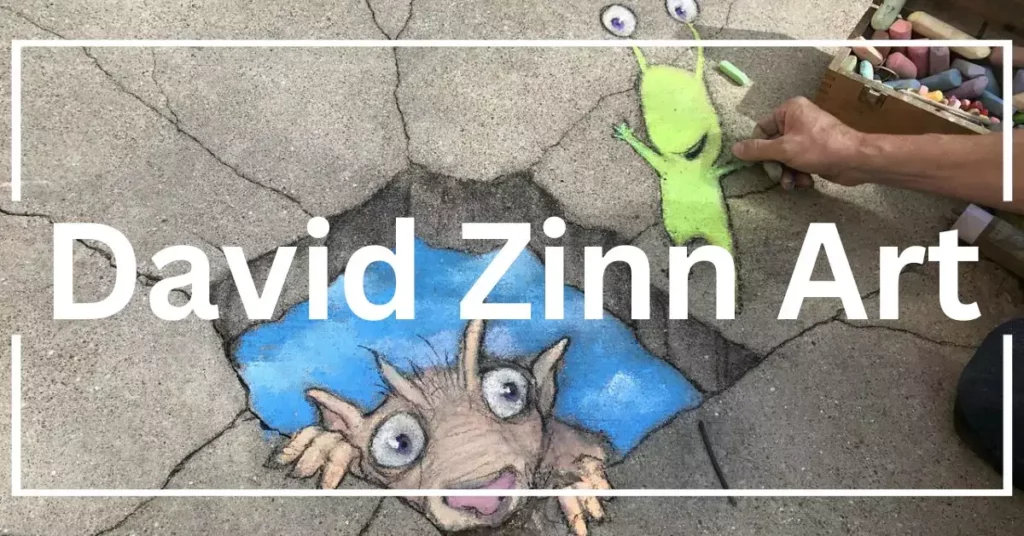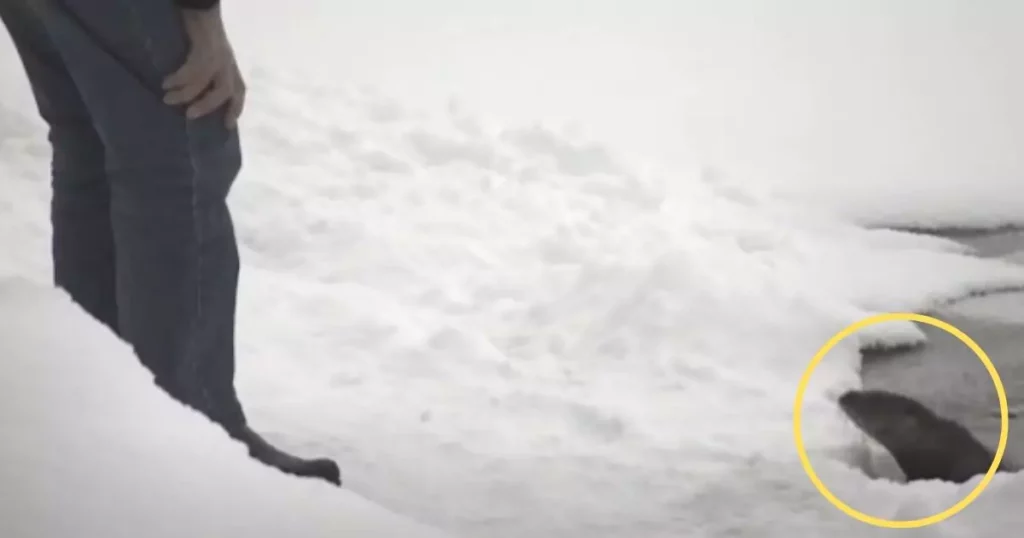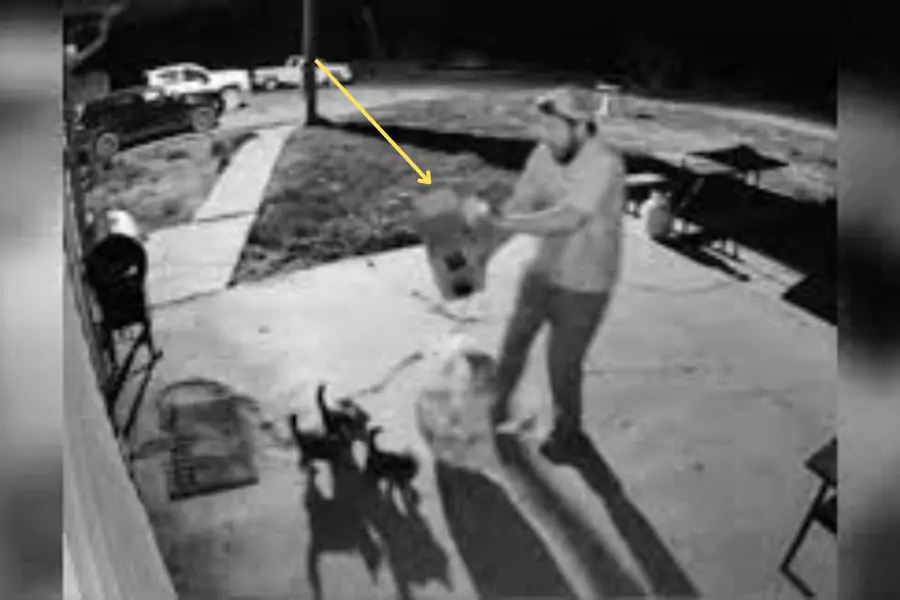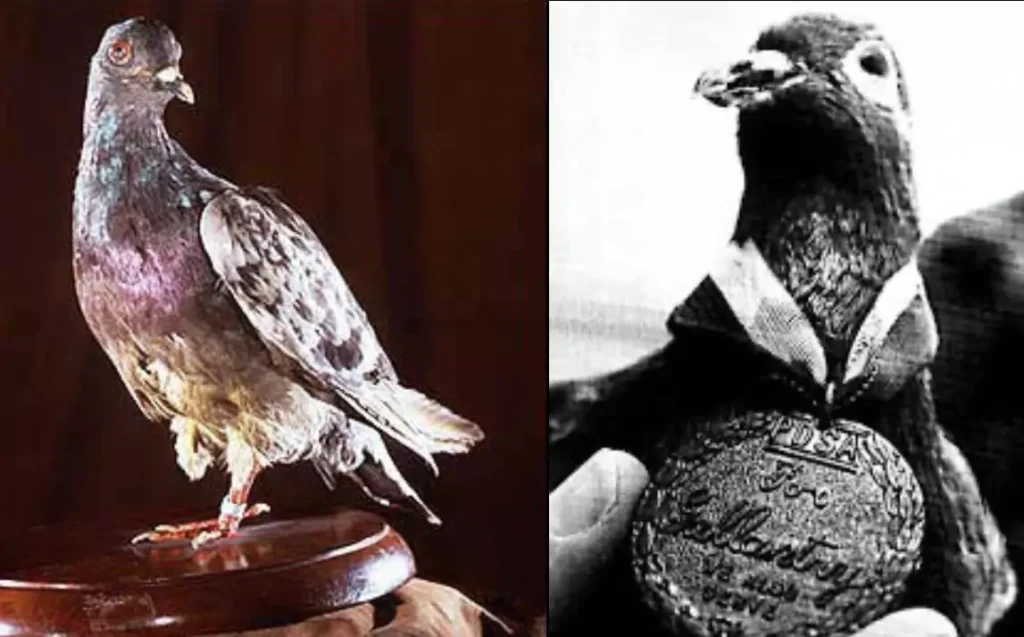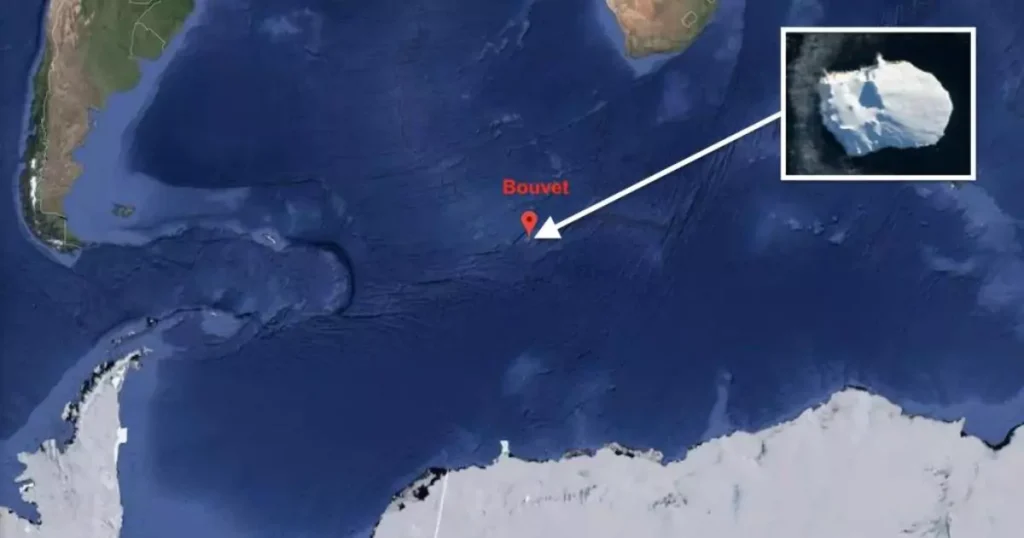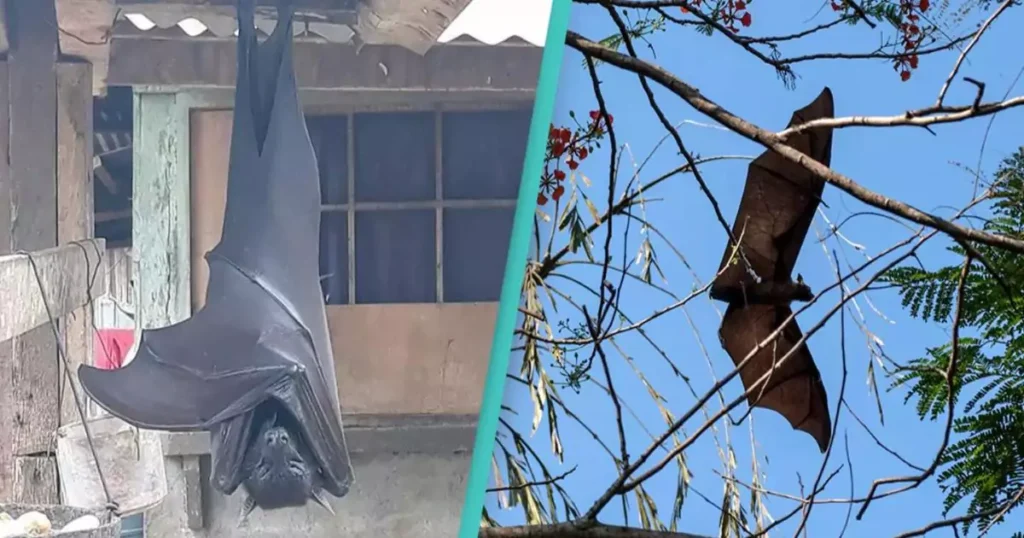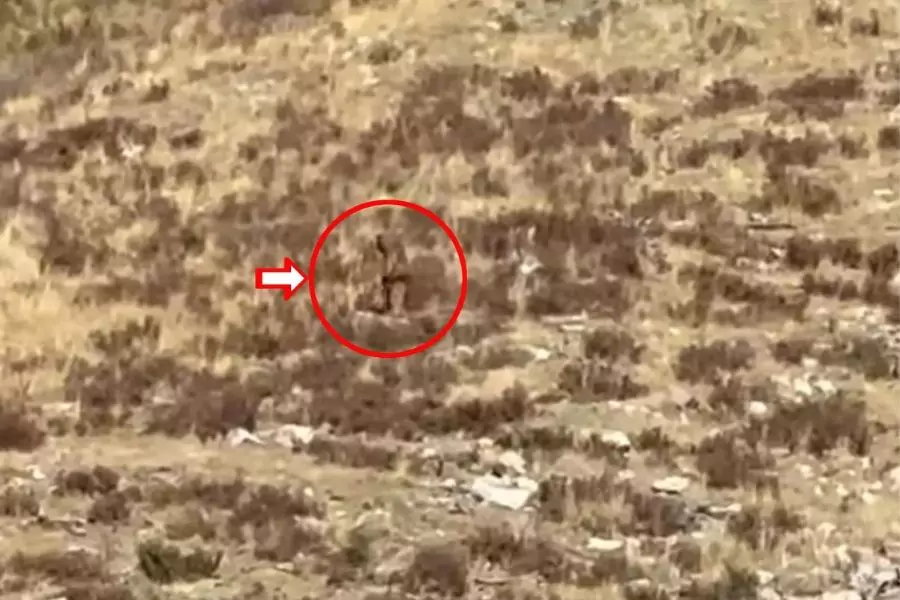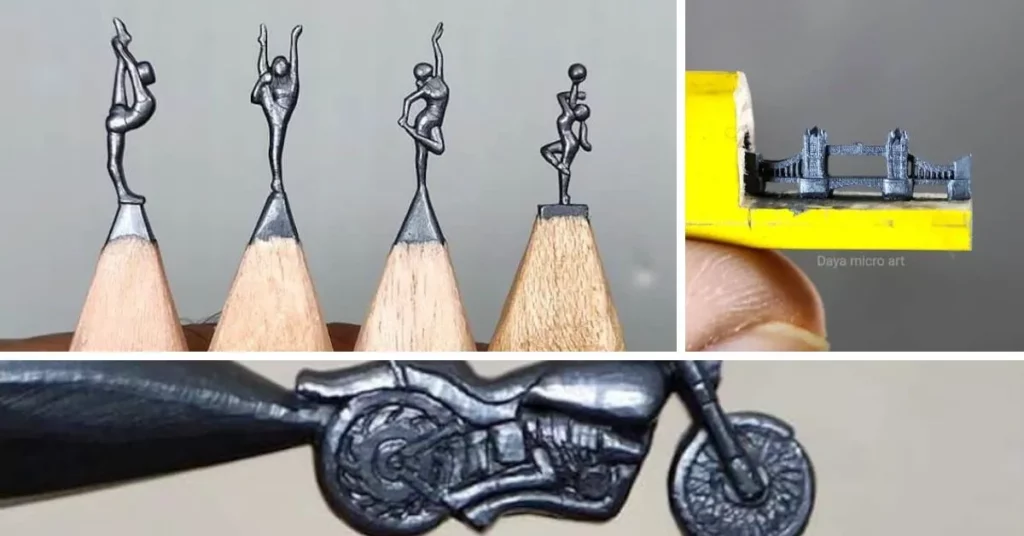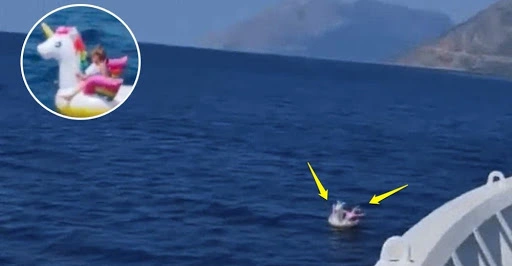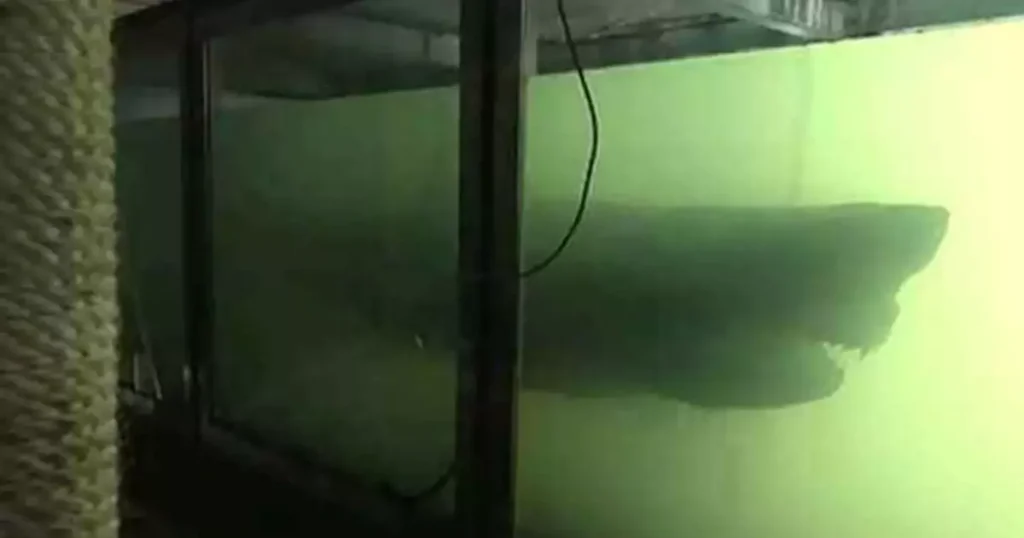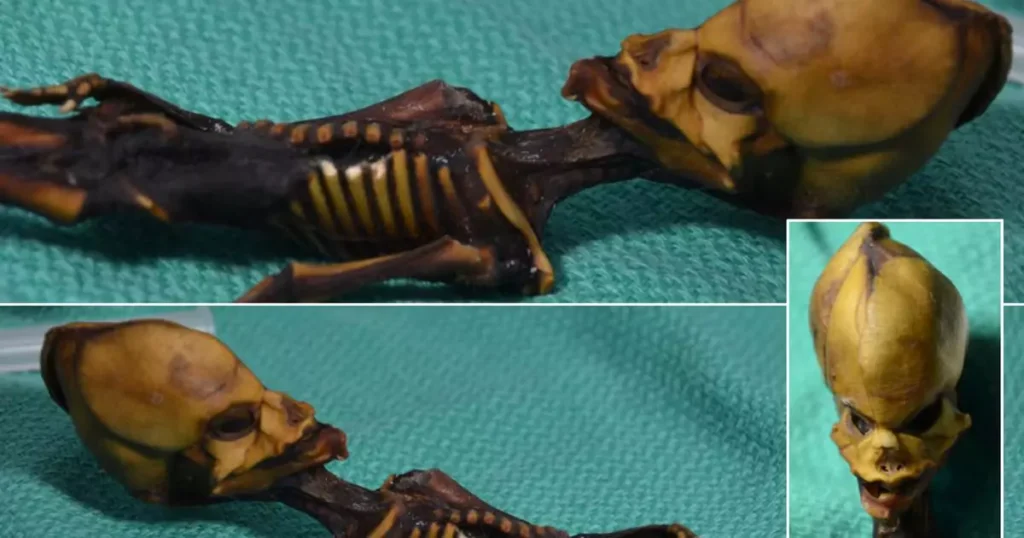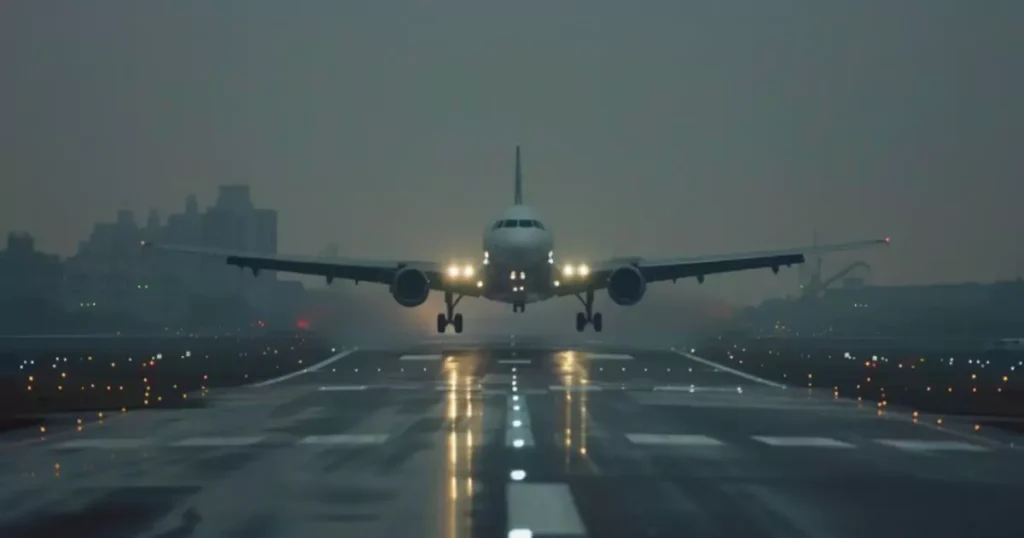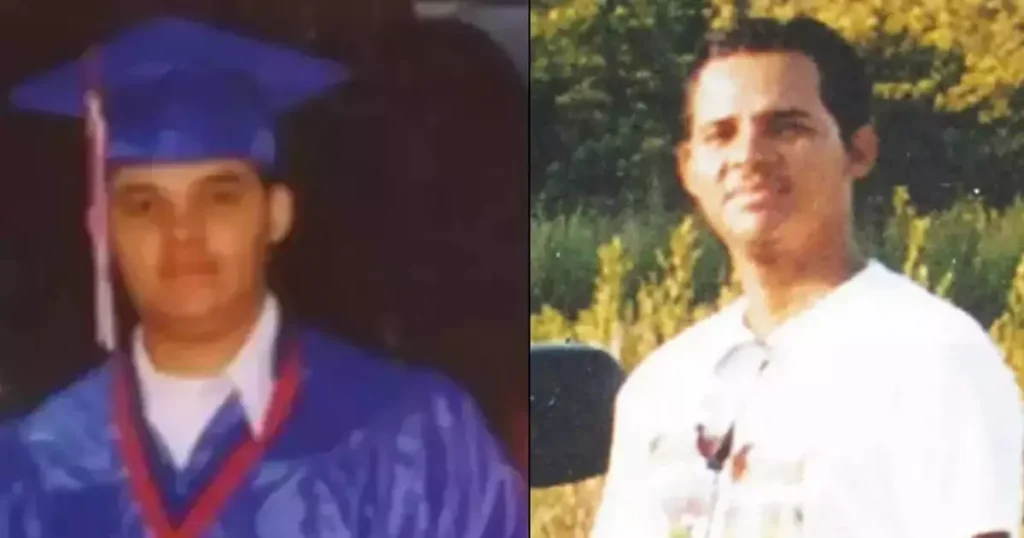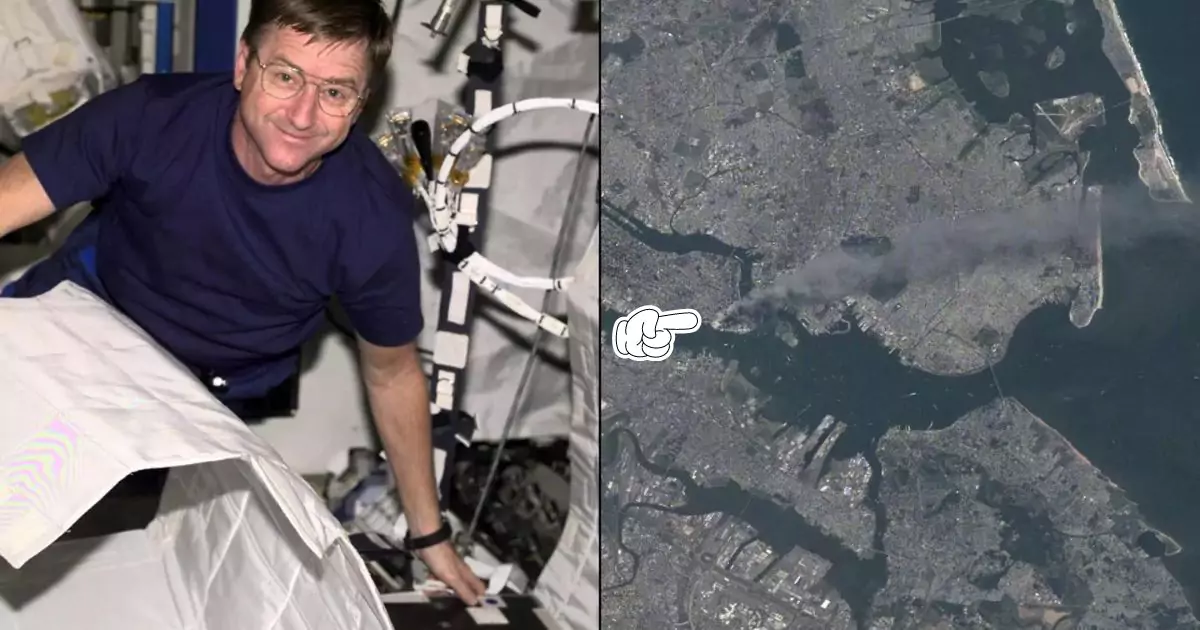
NASA recently shared a heart-wrenching letter written by Frank Culbertson, the only American not on Earth during the tragic events of September 11, 2001. At the time, Culbertson was stationed aboard the International Space Station (ISS), approximately 250 miles above Earth. From that distance, he witnessed one of the darkest moments in American history unfold, helpless to intervene. As the World Trade Center towers in New York City collapsed, Culbertson captured the devastating images from space, unable to change what he was seeing.
Twenty-three years later, NASA released Culbertson’s deeply personal letter. The letter, written in the days following the attacks, captures his emotional response to being so far away while his country suffered. It offers a unique, heartbreaking perspective on a tragedy that left the entire world grieving.
Witnessing the Tragedy from Space
On the morning of September 11, 2001, Frank Culbertson, along with two Russian cosmonauts, Mikhail Tyurin and Vladimir Dezhurov, was aboard the ISS. Unbeknownst to them, the first plane hit the North Tower of the World Trade Center at 8:46 a.m. EDT. Later that day, NASA’s flight surgeon relayed the tragic news to Culbertson, shocking him.
“The flight surgeon told me they were having a very bad day on the ground,” Culbertson wrote. “I had no idea…”
After hearing the news, he struggled to comprehend what was happening. “It just didn’t seem possible on this scale in our country,” Culbertson added.
Wanting to understand what was unfolding, he quickly grabbed a camera and found a window that gave him a clear view of New York City. Through his lens, he saw a dark column of smoke rising from southern Manhattan. When he zoomed in, he realized he was witnessing the collapse of the South Tower.
“What we were seeing was the second tower coming down,” he recalled later in an interview. The sight was surreal. From space, the destruction on Earth appeared in stark contrast to the calmness of his environment.
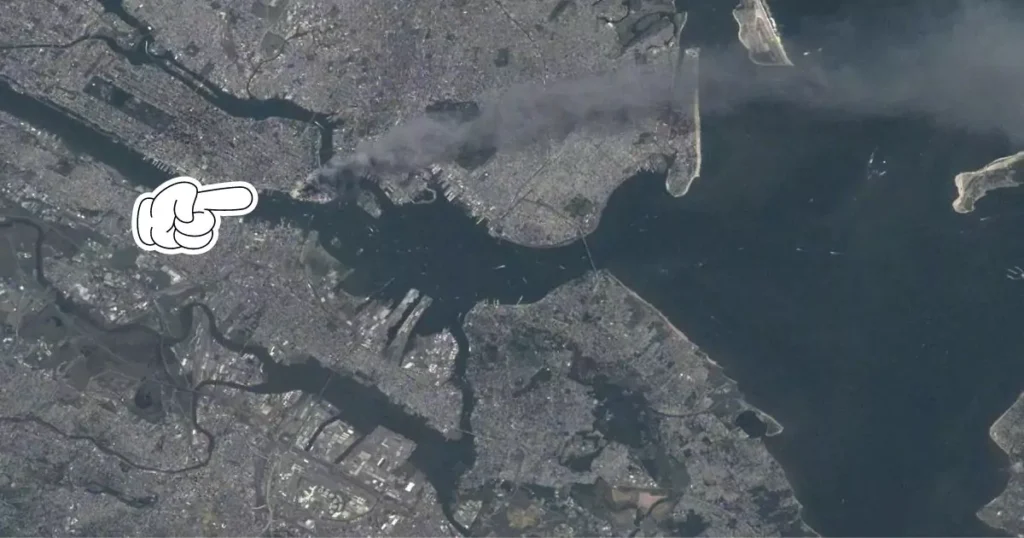
A Heartfelt Letter from Space
In the days following the attacks, Frank Culbertson sat down to write about his experience. NASA recently shared this letter, which reveals his shock, grief, and feelings of helplessness.
“Well, obviously the world changed today,” Culbertson began. He described the horror of realizing his country was under attack and the overwhelming feeling of helplessness. Being in space, he could do nothing but watch.
“I was flabbergasted, then horrified,” he wrote. “It felt like a nightmare, something out of a Tom Clancy novel. It just didn’t seem real.”
As the details of the attacks emerged, Culbertson’s sense of isolation intensified. He expressed the deep emotional toll of being the only American far removed from Earth during one of the nation’s most tragic days.
He described the thick smoke he saw from space and his realization that the smoke was from the collapse of the South Tower. “How horrible,” he reflected. The emotional weight of the destruction, as seen from space, was crushing.
A Feeling of Isolation and Grief
Culbertson’s letter speaks to the profound sense of isolation he felt, knowing that the rest of the world was grieving while he remained detached, floating above it all. The helplessness he described was palpable.
“It’s hard to describe how it feels to be the only American completely off the planet during such a tragedy,” Culbertson admitted. “I wanted so badly to be there with everyone, to help in some way. The isolation felt overwhelming.”
Culbertson shared how hard it was to see smoke pouring from his homeland while unable to do anything about it. The emotional impact of watching his country under attack, yet being so far removed from the situation, deepened his grief.
Days later, Culbertson received more heartbreaking news. He learned that his Naval Academy classmate, Charles Burlingame, had been the pilot of American Airlines Flight 77, which crashed into the Pentagon. In a deeply personal tribute, Culbertson honored his fallen friend by playing Taps, the military bugle call, aboard the ISS.
“I was stunned,” he wrote. “Learning that someone I knew was directly involved made the whole tragedy even more personal.”
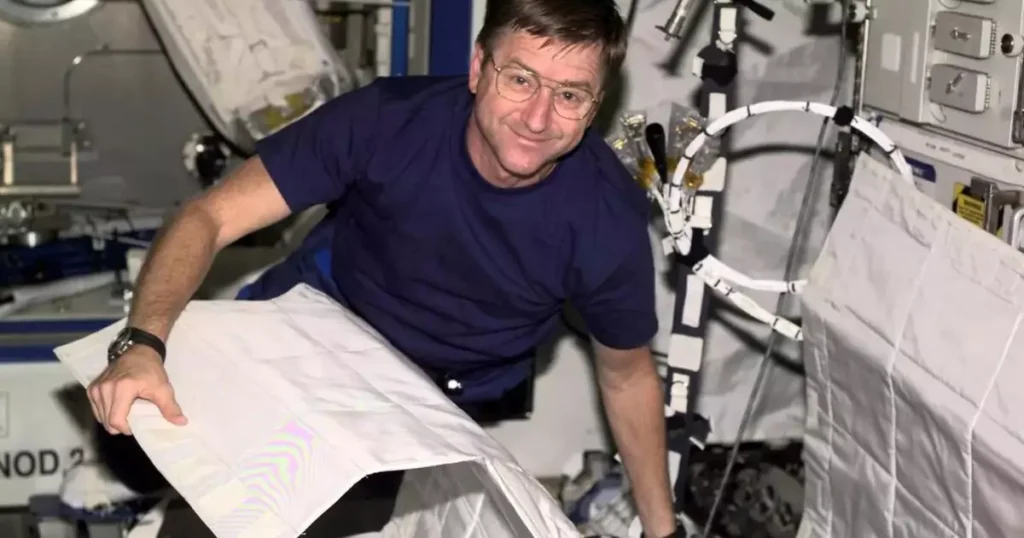
Reflecting on a World Forever Changed
In his letter, Culbertson reflected not only on the tragic events of September 11, but also on how they would forever change the world. He recognized the far-reaching impact the attacks would have, not just on America, but on the entire globe.
“I know that we are on the threshold (or beyond) of a terrible shift in the history of the world,” he wrote. “Many things will never be the same after September 11, 2001.”
Culbertson acknowledged that the attacks would affect everyone, not just those directly involved. He anticipated a shift in how people viewed the world, themselves, and even space exploration. “We’ll feel differently about many things, including probably space exploration,” he observed.
Culbertson’s letter captures the deep sorrow of watching the world change from such a unique perspective. His vantage point, though distant, did not remove him from the emotional toll that September 11 took on so many.
The Lasting Impact
Frank Culbertson’s experience on September 11, 2001, serves as a powerful reminder of the interconnectedness of humanity, even from space. His letter, now shared by NASA, offers a deeply personal account of one of the most tragic days in modern history.
As we continue to remember the lives lost on that fateful day, Culbertson’s words remind us of the collective grief and resilience that followed the attacks. From his isolated position in space, he captured the devastation not only with his camera but also in his heart.
NASA’s release of Culbertson’s letter offers a poignant glimpse into the thoughts of an astronaut watching from above as his country suffered below. His reflections remind us of the unity, grief, and strength that emerged in the aftermath of September 11.
For those interested in hearing more about Frank Culbertson’s experience, NASA’s release of his letter is both a tribute and a historical document. It stands as a reminder that even from the vast expanse of space, the bonds of humanity remain unbreakable.






